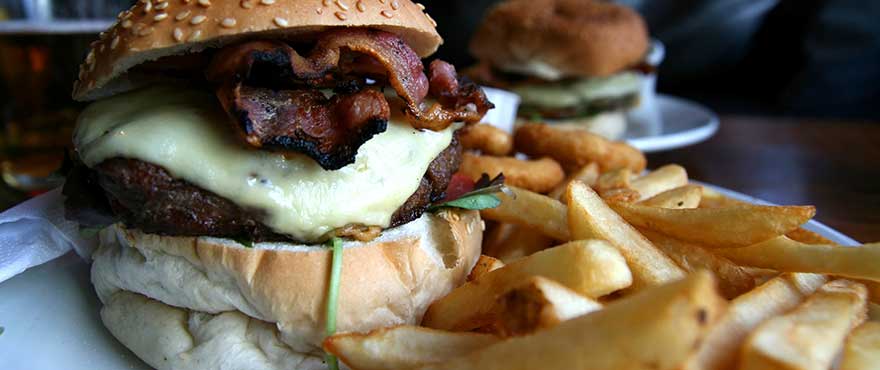
Trans fats! What’s all the fuss?
Did you know that Canada was the first country in the world to introduce mandatory labelling of trans fats? Mandatory nutrition labelling was part of the Government of Canada’s commitment to provide Canadians with the information they needed to make informed, healthy choices.
But, what are trans fats?
Trans fats are found naturally in small amounts in certain foods such as beef and dairy products; they can also be manufactured by turning liquid oil into a semi-solid form – a process called partial hydrogenation. While the use of hydrogenated oil has declined over recent years, it can still be found in some cookies, crackers and baked goods. This is why it is still a good practice to read nutrition labels. Health Canada advises us to watch for the phrase “partially hydrogenated oil” listed among ingredients. If these words are on the label, then the product contains trans fats.
Trans fats are bad for us because they increase our cholesterol, a sticky waxy-like substance that can clog our arteries leading to heart disease or even cardiac arrest. Saturated fat found in oils like coconut or palm, animal fats, butter, cheese and other dairy products also tend to raise our blood levels of cholesterol and should be limited. Research has shown, however, that trans fats are far more harmful to our health.
But not all fats are bad. We know that including a small amount of unsaturated fat in our diet is healthy. It gives our bodies energy and helps them absorb essential vitamins and nutrients. Unsaturated fats can also enhance the flavour of food and those rich in omega-3 and omega-6 help keep us healthy. “Eating Well with Canada’s Food Guide” recommends we include about 2 to 3 tablespoons of unsaturated fat in our daily diet. This includes the kind of fat used in oils for cooking, salad dressings, non-hydrogenated margarine and mayonnaise. It also includes the fat found in seeds, nuts such as almonds and cashews, avocados and fatty fish.
For more information on trans fats visit this page of the Health Canada website.